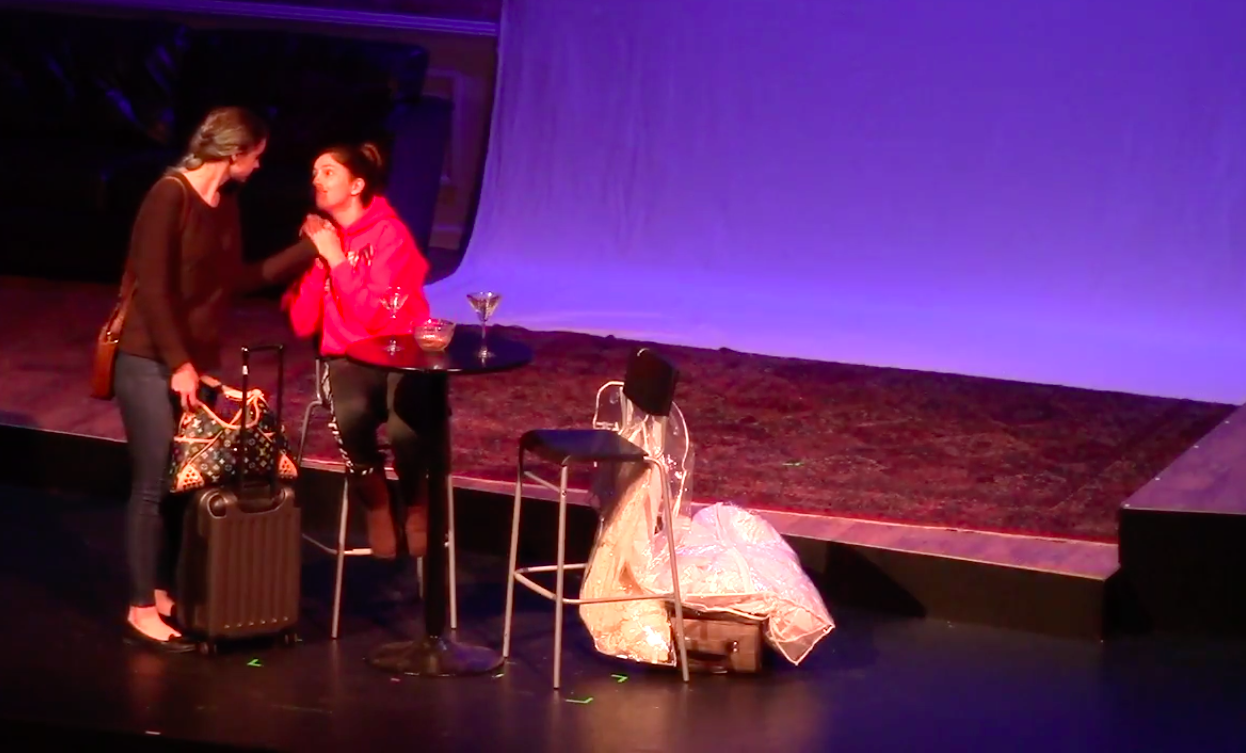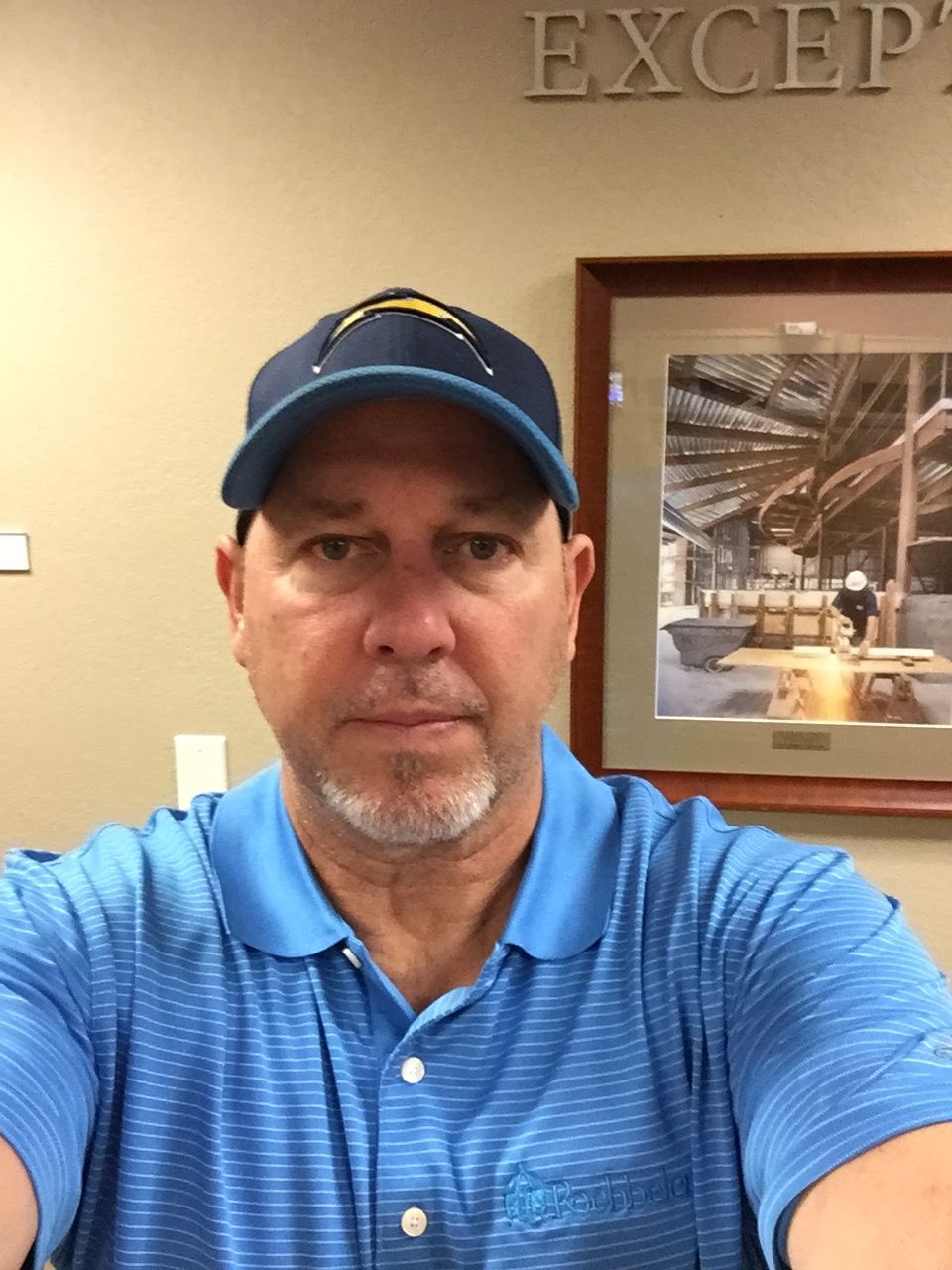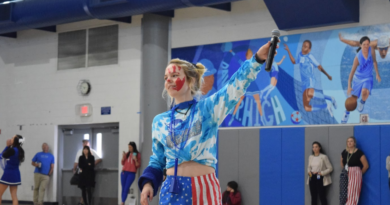Davis High Drama’s “Standing on Ceremony” explores stereotypes and hurdles for LGBTQ community
Claire Alongi and Isabella Ainsworth,
BlueDevilHUB.com Staff–
On Friday, Saturday and Sunday of last weekend the Davis High Drama department produced its spring play, “Standing on Ceremony”– which was actually a collection of short plays concerning different issues and stereotypes facing the LGBTQ community.
“The overall themes of the play are important because they give us different perspectives on what it was like being gay across several generations, whether there was a happy ending or not,” senior Shailah Arreola-Bittner said.
Arreola-Bittner, who has been in past DHS drama productions such as “Band Geeks,” “The Eden Project” and “Tony Fields,” said that this production was the best-written play she had acted in. She chalks the success of the plays up to their ability to evoke emotions both happy and sad, and at the same time, to inform their audience on relevant issues.
Arreola-Bittner played two characters in two different short plays. One was Allie, a lesbian woman just about to be married. The other was Liz, a lesbian woman who had already been married for several years.
Through diverse characters like these, the plays were able to shed light on different issues facing the LGBTQ community.
Junior Emily O’Flaherty both acted in the plays and helped build the set. She agrees with Arreola-Bittner that the message of the play is important. By working on the play, she learned more about the history of civil rights for LGBTQ people in the United States.
“I think I gained a new understanding of the discrimination gay people have had to deal with throughout the years,” O’Flaherty said. “I’m very glad to have been in a production that could have such a big impact on people.”
Junior Gracelyn Watkins was in charge of sound design for the plays, and also acted as the character Fran. A veteran sound producer, Watkins started the sound design before the characters were even cast. But her decisions on sound changed as the play changed.
“As I saw how some of the characters were brought to life the design kept changing,” Watkins said.
To make sure that the music was perfect, Watkins would listen to the soundtrack wherever she went.
For Arreola-Bittner, the most important part of the plays was its social impact. According to her, the plays demonstrate that often homophobic and anti-gay marriage sentiment come from “irrational fears and willful ignorance.” These, Arreola-Bittner believes, then morph into prejudice and hate.
However, the collection of plays is not all negative.
“It also celebrates the progress we’ve made while reminding us that we still have work to do,” Arreola-Bittner said.
See more clips of the plays below:



